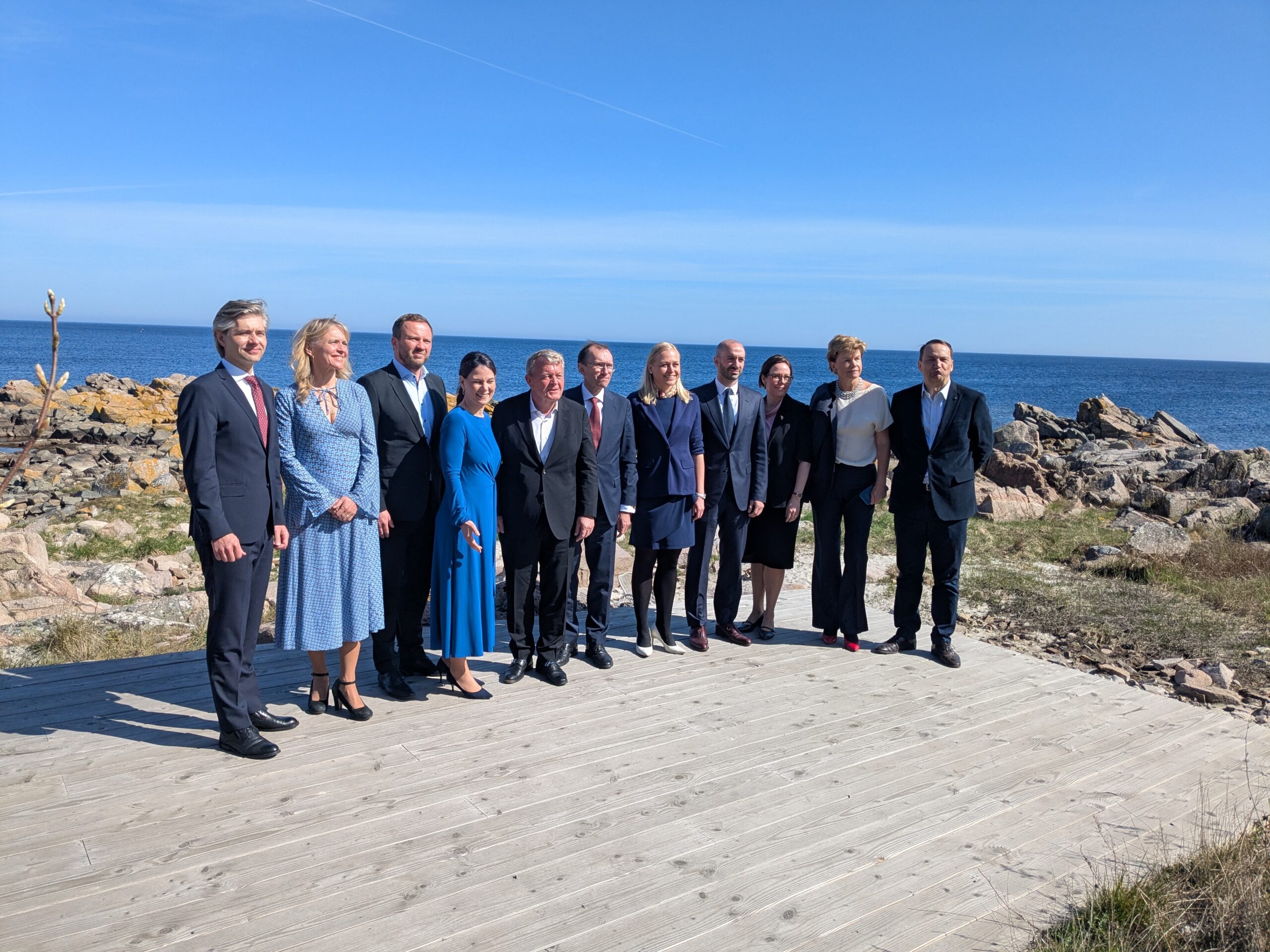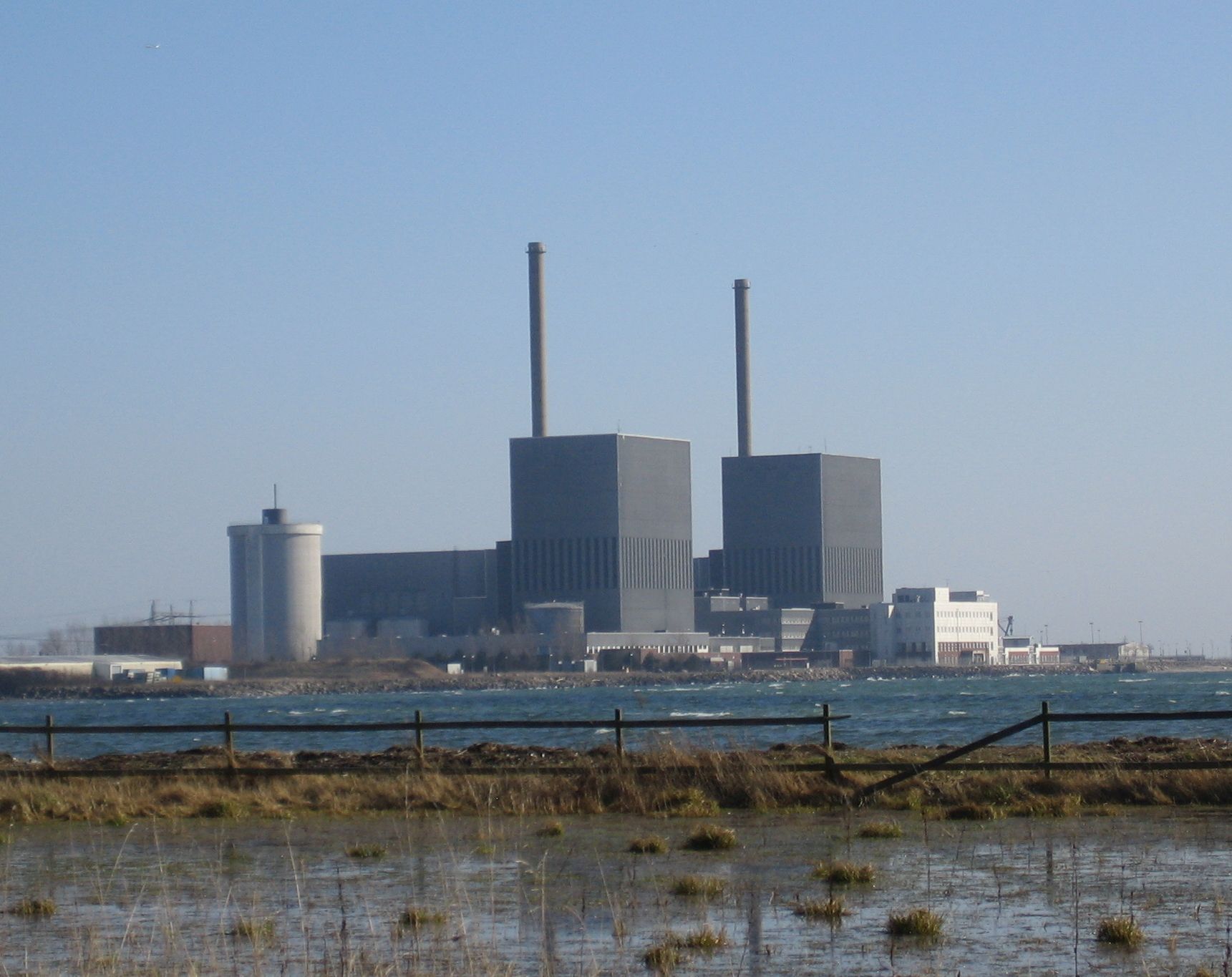Enter sandman. That was how Charlton Athletic announced the news that their fans had been waiting for. Danish businessman Thomas Sandgaard yesterday announced a successful takeover of the London club, putting an end to a string of ownership issues for the club.
It marks the start of yet another Danish chapter in the club’s history, as its former players include Claus Jensen, Dennis Rommedahl and, rather bizarrely, Allan Simonsen, who was signed from Barcelona in 1982, just five years after he was named European Footballer of the Year, when Charlton were in the second tier of English football.
“Just getting started”
In an open letter posted on Twitter, the new owner thanked fans for their passion, perseverance and patience, promising big things to come.
The club had been in turmoil since three individuals from former owners East Street Investments failed the league’s directors’ and owners’ test.
After the first two games of the season, the club currently sit 11th in the third tier of English football, having been relegated last season. It now feels a long time since their stint in the Premier League from 2000 to 2007, and fans will be keen to turn the tide.
The news has been greeted with near universal support from Charlton fans.
Expensive hobbies
Sandgaard made his money as the founder and CEO of Zynex Inc, a multi-million dollar manufacturer of medical equipment based in the United States.
The equipment primarily helps people with addiction issues, so it is fitting that he has bought a club with the nickname ‘The Addicks’.
Now 62, he has turned his sights to new hobbies. Alongside his new football project, the Dane is a huge rock fan and he even plays guitar in a band.
Crucially, if Charlton ever find themselves in need of goals, the new owner has signalled that his preferred position is up front.













